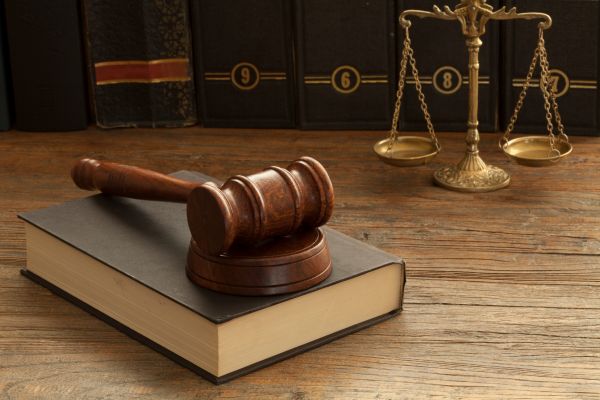Abstract
In the current digital era, the Internet has become an essential component of daily life, impacting commerce, governance, healthcare, education, and democratic engagement. The notion that Internet access is a fundamental or human right has gained recognition on a global scale; in 2016, the United Nations declared Internet access to be a basic human right. Under Articles 19 and 21 of the Indian Constitution, the judiciary has also connected Internet access to constitutional rights. This blog examines the Internet’s importance as a fundamental right, its legal status, international viewpoints, implementation issues, and the future to guarantee digital inclusion for all.
Why Internet Matters Today
- Education & Learning: Students need the Internet for online courses, e-libraries, and e-learning platforms, particularly during the COVID-19 pandemic.
- Right to Information: The Internet promotes accountability, openness, and democratic engagement.
- Economic Empowerment: Digital platforms enable the growth of freelance jobs, entrepreneurs, and e-commerce.
- Healthcare: In remote locations, telemedicine and online consultations fill the gaps in healthcare.
- Freedom of Speech & Expression: Online forums and social media are contemporary means of expressing oneself.
Judicial Recognition in India
In Faheema Shirin v. State of Kerala (2019), the Kerala High Court upheld Internet access as a component of the Article 21 right to privacy and education.
Anuradha Bhasin v. Union of India (2020): The Supreme Court ruled that extended shutdowns are illegal and that Article 19 protects the right to free speech and commerce via the Internet. These rulings demonstrate the judiciary’s forward-thinking approach to acknowledging Internet access as an extension of basic rights.
Global Perspective
- Internet access was declared a fundamental human right by the United Nations in 2016.
- Finland and Estonia: These countries legally ensure their citizens have access to the Internet.
- The worldwide trend emphasizes that in order to fully participate in contemporary society, Internet connectivity is just as necessary as access to food, drink, and shelter.
Challenges in Recognizing Internet as a Right
- Digital Divide – Unequal access between rural and urban populations.
- Affordability – Data costs may exclude economically vulnerable sections.
- Cybersecurity Threats: Online hate speech, cybercrime, and fake news are dangerous.
- Government Restrictions: Regular Internet outages reduce people’s ability to
The Way Forward
- Increase access to reasonably priced Internet via government initiatives like BharatNet and Digital India.
- Under Article 21, give the Internet legal recognition as a right.
- Make investments in digital literacy to promote inclusive, safe Internet use.
- Assure balanced regulation that protects security without limiting basic liberties.
Conclusion
The Internet has emerged as a vital resource for democracy, work, healthcare, and education. Denying someone access to it is the same as denying them freedom and opportunity. No citizen will be left behind in a just, inclusive, and progressive digital society if Internet access is acknowledged as a fundamental right.
Author Name– Anshita Sharma, Lords University, Alwar






